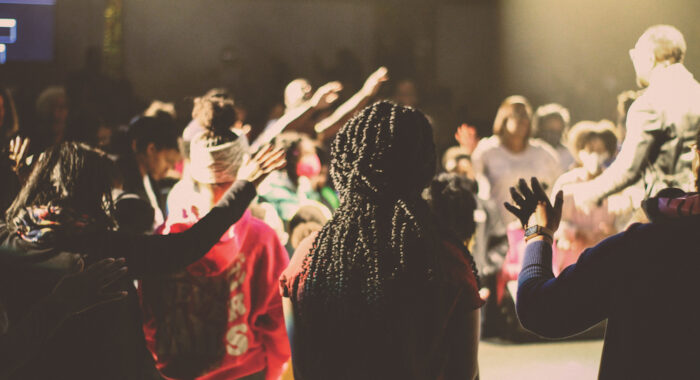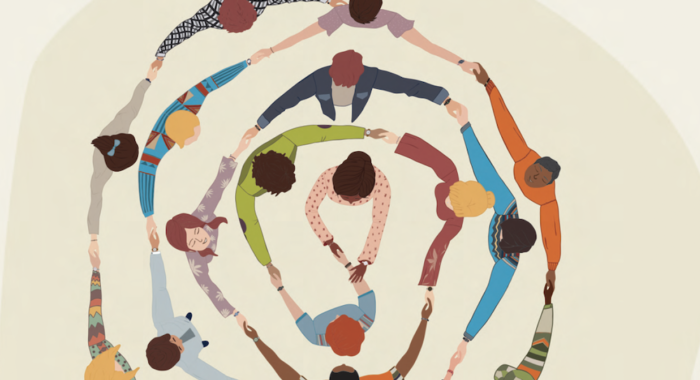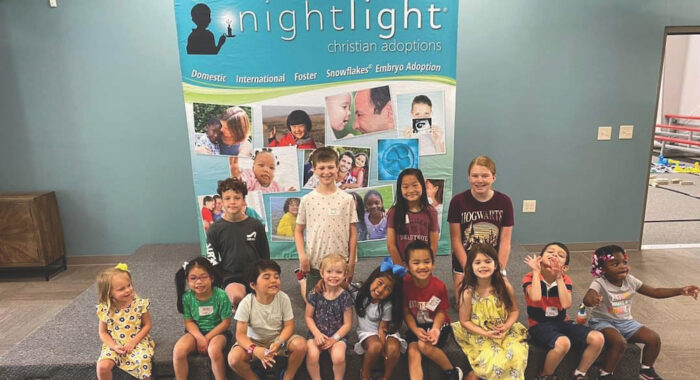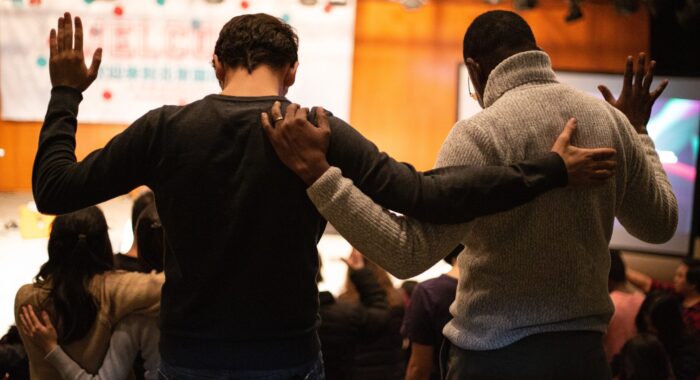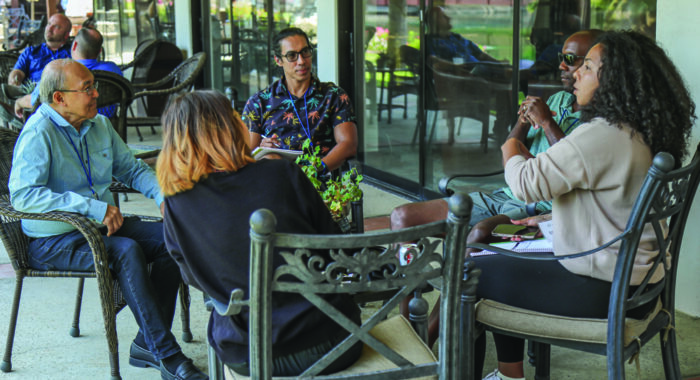In recent years Minneapolis–St. Paul churches have experienced first-hand why the Church must be united across race and ethnicity.
A significant breakthrough began in 2017 when 30 Black and white pastors from Minnesota went on a four-day Sankofa trip through the Southeast United States to explore our history of slavery, racism and segregation, and to learn how those systems affect us still today. The trip was repeated in following years, and today more than 130 pastors and leaders have made this journey. The experience deepens relational bonds and elevates spiritual unity between these pastors, which soon became essential when crises hit.
Within days after George Floyd was killed in Minneapolis, Black and white pastors from across the region were calling each other, strategizing in Zoom conferences about how to help one another, and standing together in key intersections as a public witness of their unity. Friendships and ministry commitments, forged in recent years, made it possible for leaders to spring into action as a crisis erupted.
When all the grocery stores in some urban neighborhoods were burned or looted, urban congregations set up emergency food shelves, supplied by a pipeline of food donations mobilized from suburban and rural churches. Some of these food shelves were a primary food source for several months in the most badly damaged neighborhoods.
Just before this, as the pandemic was setting in, it became evident that the economic fallout of COVID was hitting African American churches the hardest. Several pastors who had journeyed on Sankofa together created The One Fund to pool their monies and give emergency assistance to Black-led churches. The first gifts to the fund were pastors who donated their $1,200 stimulus check to help fellow pastors. Unrestricted grants were quickly dispersed to allow churches to keep paying pastors’ salaries, pay utilities and keep lights on, and to make a switch to online worship gatherings.
In the aftermath of George Floyd’s murder, the need to serve and rebuild communities grew exponentially. Many Black churches were the closest at hand to these neighborhoods and had the greatest ability to serve them. The One Fund expanded its initial goal and was able to raise nearly $1 million that was distributed to Black-led churches and ministries to run food shelves, do homeless outreach, provide youth programming, and mobilized prayer and patrol teams to intervene in crime hotspots.
In Minnesota, our ability to face multiple crises together was possible due to the deep relational connections that already existed across racial and ethnic boundaries. In these moments, we recall Jesus’ prayer in John 17 that we would be one so that the world would believe that God sent Jesus to make all things new.
Carl Nelson serves as president of Transform Minnesota, a regional evangelical association that seeks to transform communities through connecting Christian leaders, developing biblical solutions and equipping churches. Previously, Nelson served as executive director of Arrive Ministries where he directed refugee resettlement, employment services and immigrant ministries for local affiliates of World Relief. He received his bachelor’s of business administration from LeTourneau University and his master’s of organizational leadership from Bethel University.




 View All Articles
View All Articles 














